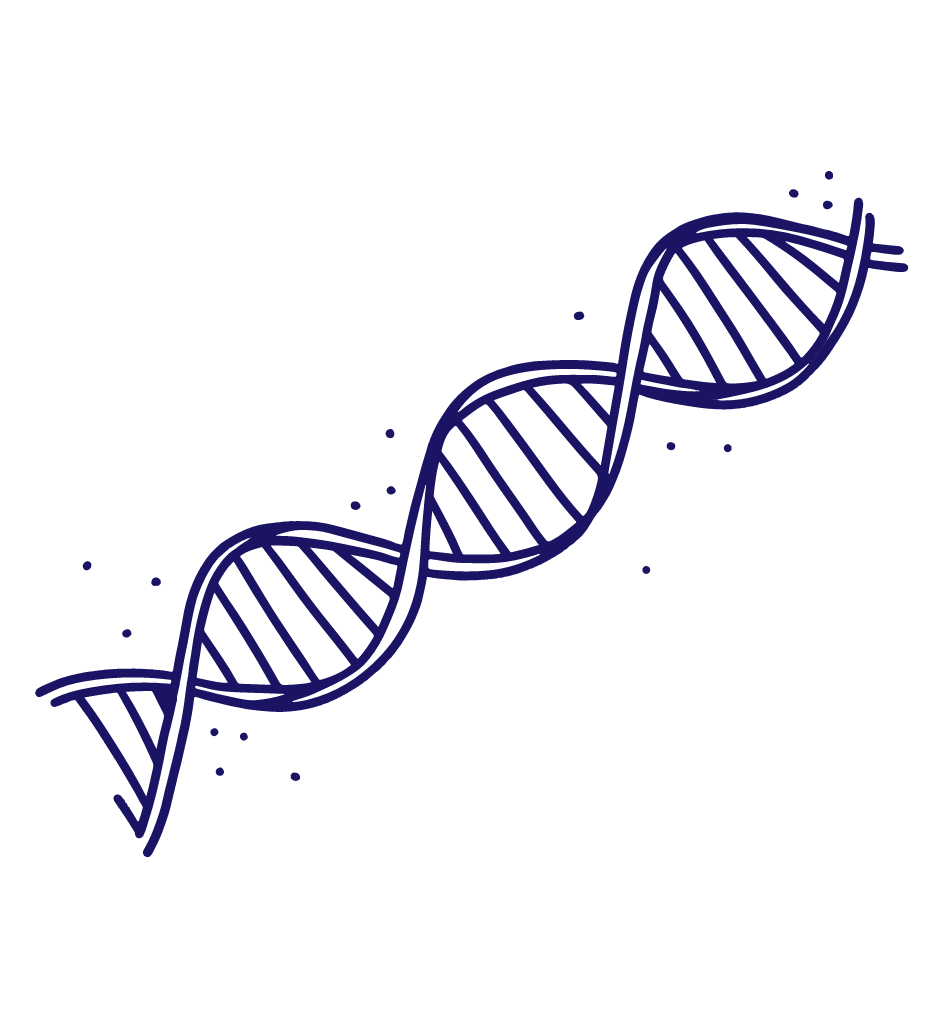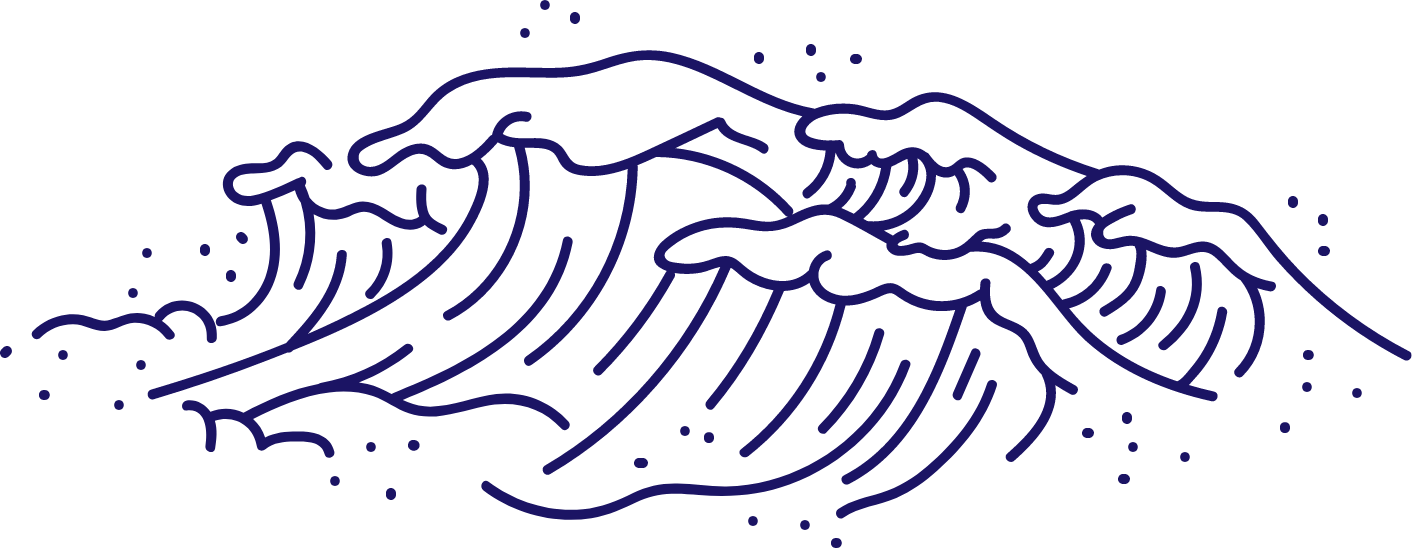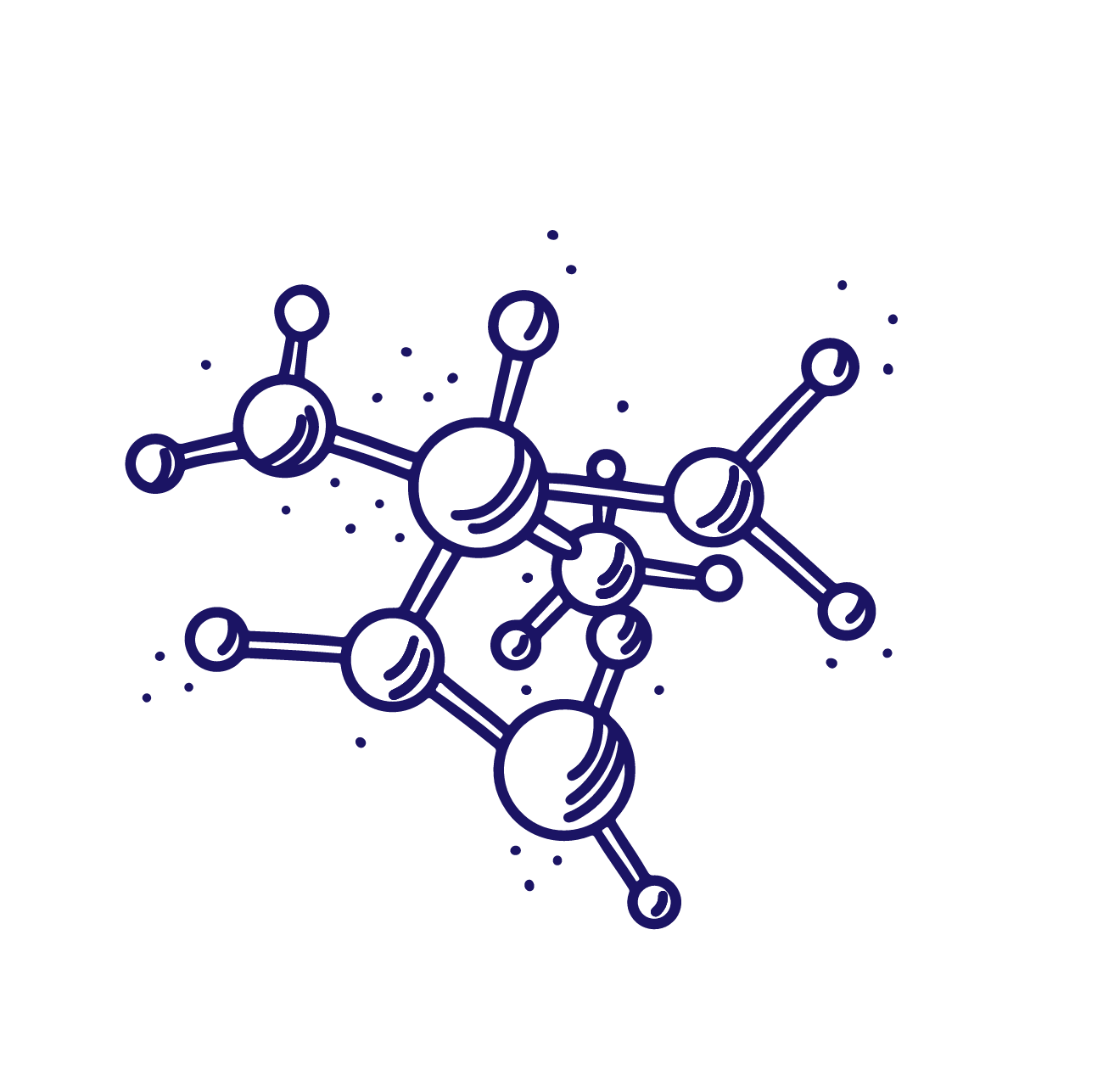impacts
The transformative positive effects of the AMP-inducer molecules could be considerable for human health and for our economy, environment, and society.
MEDICAL IMPACT
To improve public health, by helping to control the spread of antimicrobial resistance, which could reduce the number of infection-related diseases. More than 1.2 million people worldwide die each year from infections caused by antimicrobial resistance. Molecules arising from MaxImmun could lower the burden of disease by infections with antimicrobial resistant pathogens.


ECONOMIC IMPACT
To reduce healthcare costs associated with antimicrobial resistance infections. According to the WHO, the direct medical costs of treating antimicrobial resistance infections can be up to 20 times higher than the costs of treating infections with antibiotics that are effective. In the European Union, antimicrobial resistance costs 1.5 billion € per year in healthcare costs and productivity losses. In the long term, the AMP-inducer molecules could help to lower these economic losses.

ENVIRONMENTAL IMPACT
Regarding environmental protection, our molecules could help to reduce the amount of antibiotics used, which could reduce pollution, negative impacts on the environment, and help maintain healthy ecosystems. Classical resistance formation by low levels of residual antibiotics is prevented by the MaxImmun approach. Therefore, the AMP-inducer molecules may provide a long-term sustainable solution against antimicrobial resistance, and may also protect from antimicrobial resistance spread in the environment and among animals.

SOCIETAL IMPACT
To improve quality of life of patients, by stimulating their own defenses for a better health. Rather than directly targeting a pathology with exogeneous chemicals, molecules arising from MaxImmun elicit a natural endogenous response of the body. This concept of activating the body own healing power might be applicable to other diseases. These positive effects will depend on how molecules will be implemented and managed by policy makers, medical staff, and patients.

DOMAINS OF APPLICATION
- Recurrent diarrheal infections in low-income countries
- Bacterial intestinal translocation events in patients under chemotherapy
- Inflammatory bowel diseases
- Nosocomial diseases

